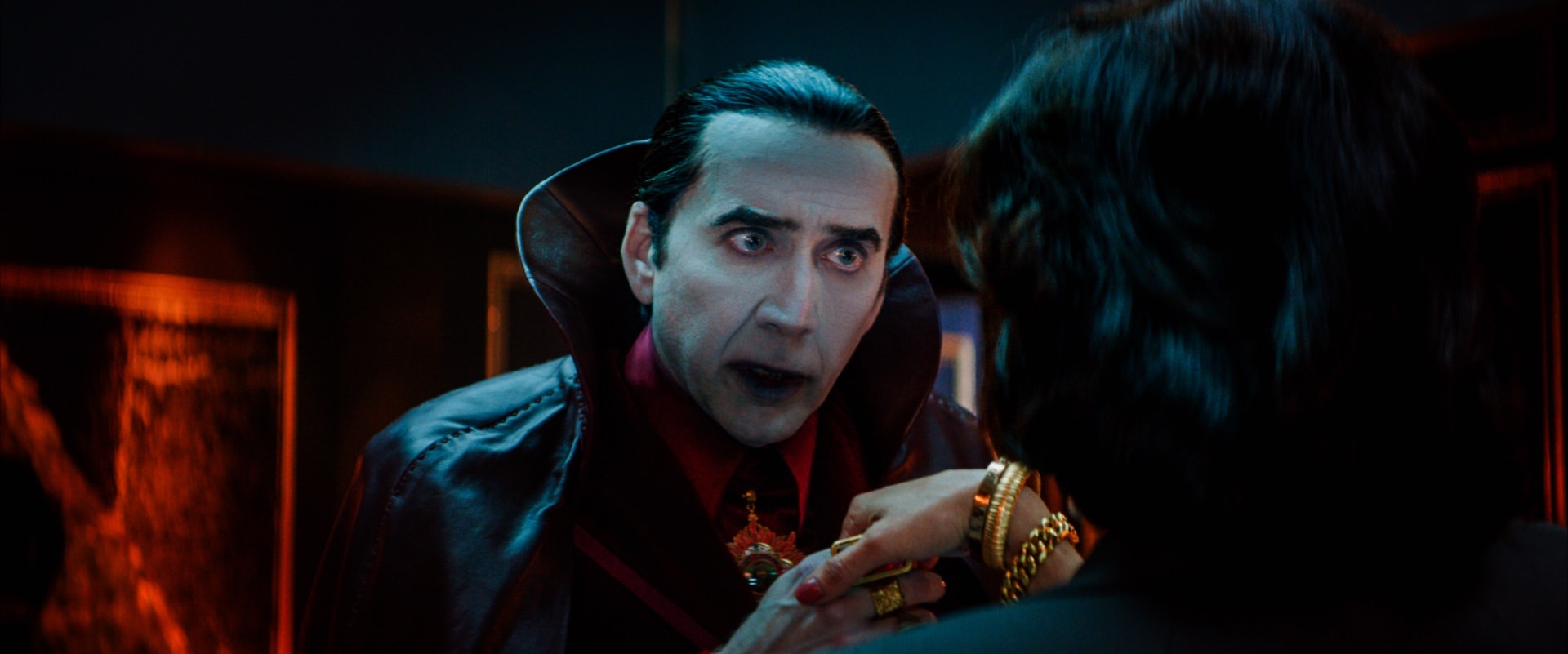
For as long as we have had cinema, the vampire has haunted our screens. In 1922, the first vampire film Nosferatu set the blueprint for gothic horror, only differing from Bram Stoker’s Dracula in name and minor details, in order to avoid a lawsuit. So began what has now been 100 years of vampire cinema, with a Count who is just as changing as the varying myths of the bloodsucker.
We have seen the vampire evolve with each new iteration. Some burn in the sun, others glisten, some favor virginal blood, and others choose to abstain entirely. Dracula himself has changed drastically, from an ancient aristocratic, to a sex symbol, to a shape-shifting creature of the night. Whatever form he takes, Dracula in his many guises, remains a constant.
With Nicolas Cage recently putting his stamp on the Count in this year’s Renfield, here is a ranking of some of the best (and worst) Dracula performances to date.
8. Dracula Untold (2014) - Luke Evans
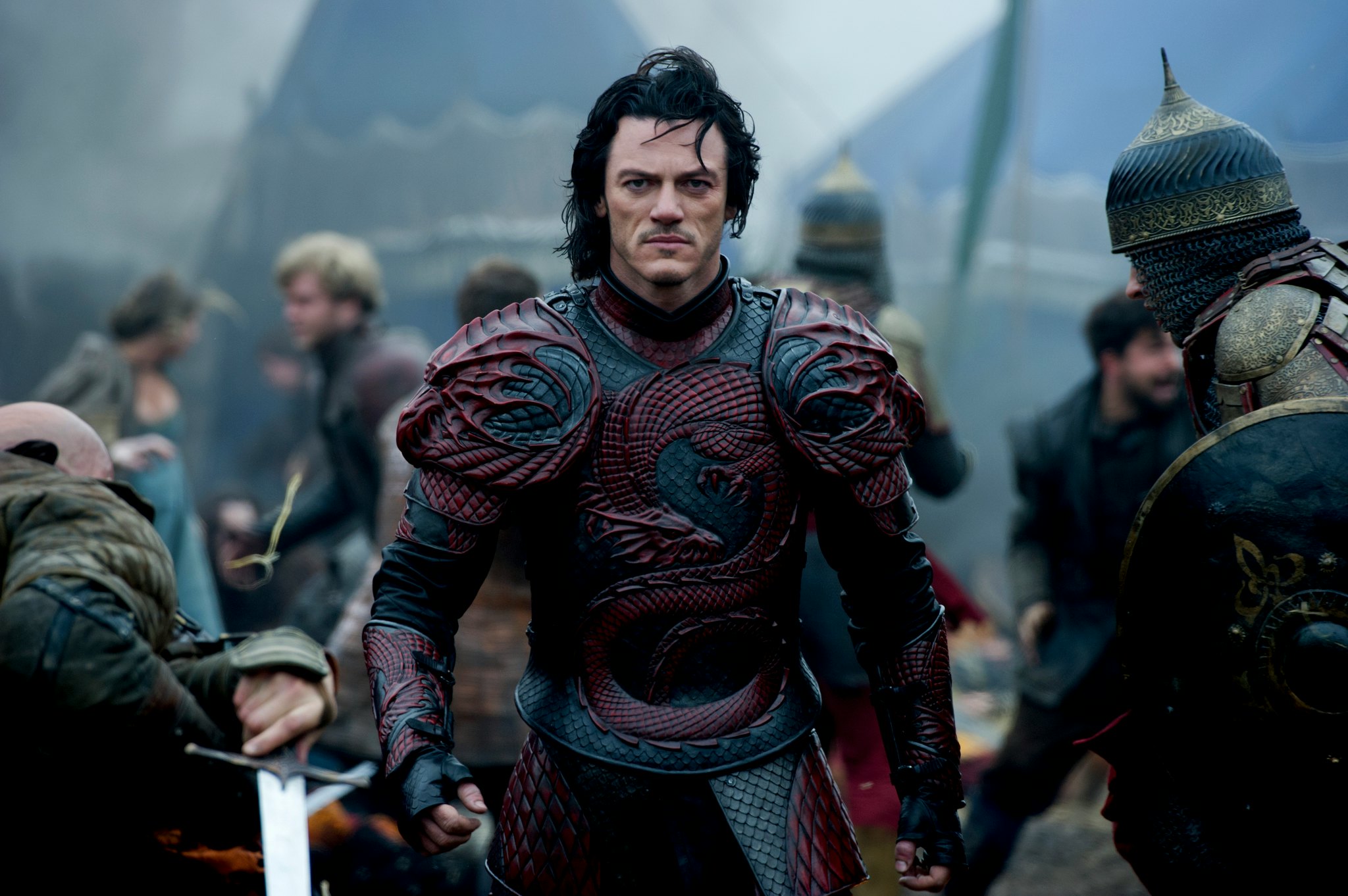
This is a movie that took the origin story of Dracula as Vlad the Impaler and ran away with it. Luke Evans, with a staunchly British accent, turns one of history's most ruthless warriors into a tortured hero. Vlad makes a deal with a vampire in order to save his people from an invasion of the Turks led by Mehmet (Dominic Cooper), complete with a problematic tan and questionable Turkish accent. This odd historical fantasy in which Vlad the Impaler is a British vampiric heartthrob was clearly an attempt to cash in on the sexy vampire trend of the 2010s. However, with a wooden performance from our leading man and too many bat vs. soldier battle scenes, Dracula Untold never soared.
7. Van Helsing (2004) – Richard Roxburgh

Perhaps there is a curse put on those who turn Dracula into an action-fantasy movie because, much like Dracula Untold, Van Helsing is mostly tedious. In this iteration, Van Helsing (Hugh Jackman) is a 19th century supernatural bounty hunter who sets out to defeat Count Dracula (Richard Roxburgh), who has formed an unlikely allegiance with Dr. Frankenstein. Richard Roxburgh may have attempted the accent — which is not key for successful Dracula performance — but from the nose up, this Count is rigid and expressionless. However, Van Helsing is the ideal sick day film — you can drift in and out of consciousness and the plot will make the same amount of sense as if you had stayed awake for its entirety.
6. Blood for Dracula (1974) - Udo Kier
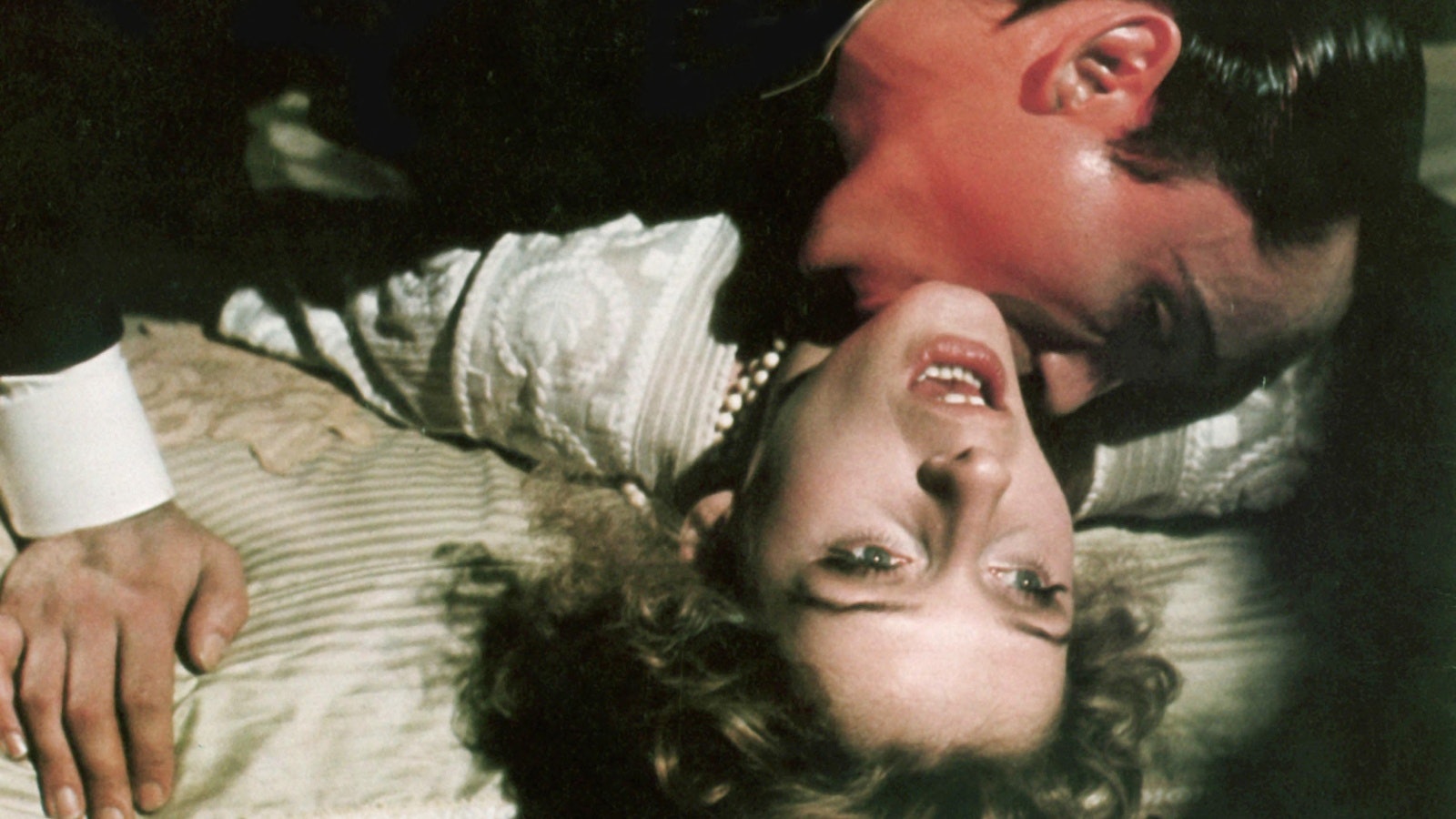
Produced by Andy Warhol, and written and directed by Paul Morrissey, it is not surprising that Blood For Dracula is one of the more queer adaptations. Opening to Dracula (Udo Kier) applying black hair coloring and make up, he appears as a Drag King with the most literal nod to the campiness of the vampiric count. Alas, Morrissey & Warhol’s attempted communist adaptation — in which the Count embodies the bourgeoisie — would have been more effective if the hero spouting Marxist diatribe didn’t effectively assault two of the potential brides. Despite Udo Kier’s piercing eyes and visceral neck sucking, the uncomfortable moments outweigh the fun ... leaving this Dracula with little bite.
5. Renfield (2023) - Nicolas Cage
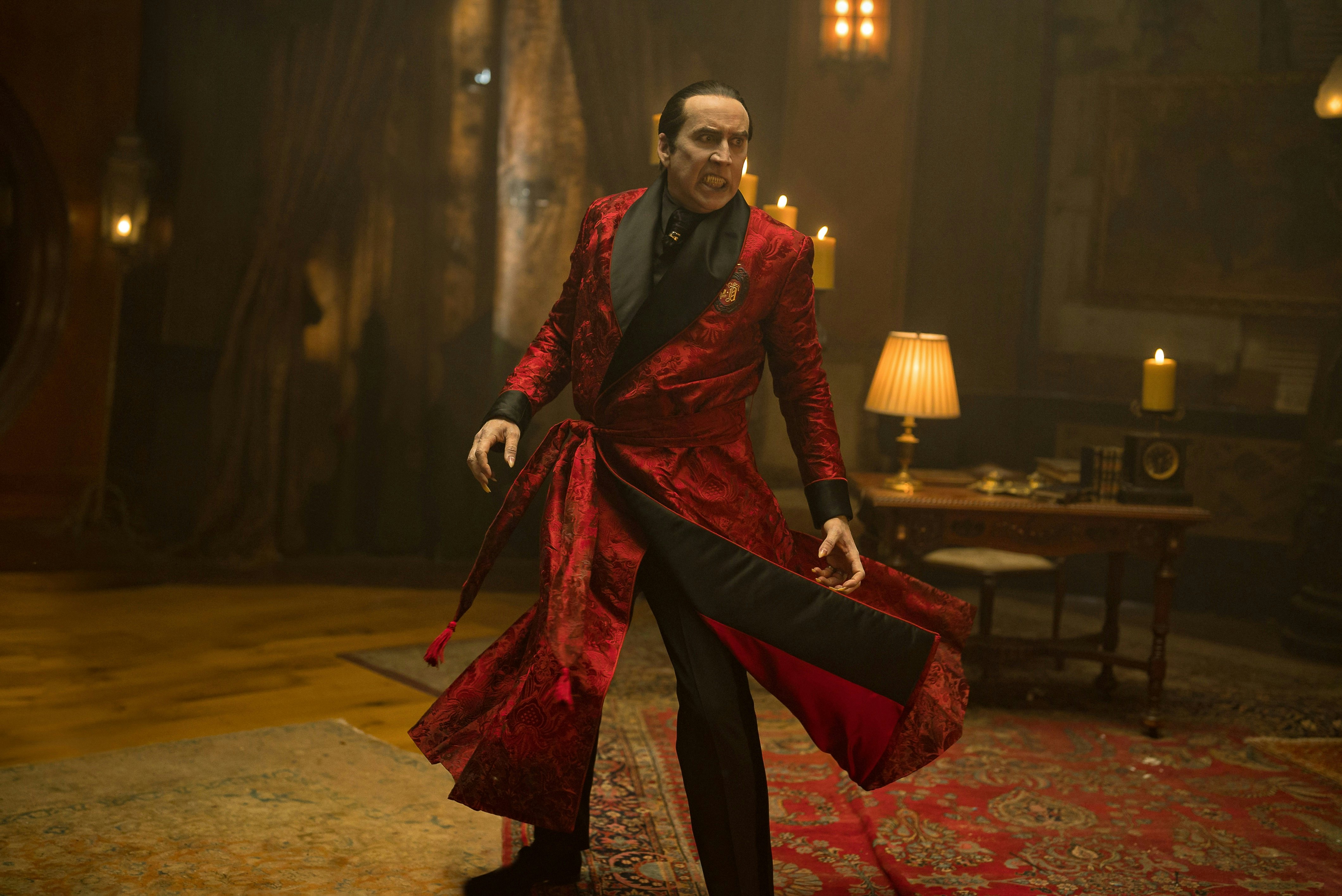
The curse of the action Dracula movie remains unbroken. In this horror-comedy, Renfield (Nicholas Hoult) is trying to free himself of the co-dependent relationship he finds himself in with Count Dracula (Nicolas Cage). The main storyline involves a mob leader (Ben Schwartz) out to prove himself to his mob boss mother (Shohreh Aghdashloo), while the only good cop (Awkwafina) combats citywide corruption. This takes up most of Renfield, leaving what should be the main comedic event — Cage and Holt — lost in the fray of blood-spurting fight scenes. What we do see of Nicolas Cage’s Dracula is average at best. He seems so aware of the bizarre quirks of his career that made him meme-able that the performance is filled with Cage-isms and becomes entirely self-referential. It is Nicolas Cage doing Nicolas Cage doing Dracula.
4. Dracula (1958) – Christopher Lee
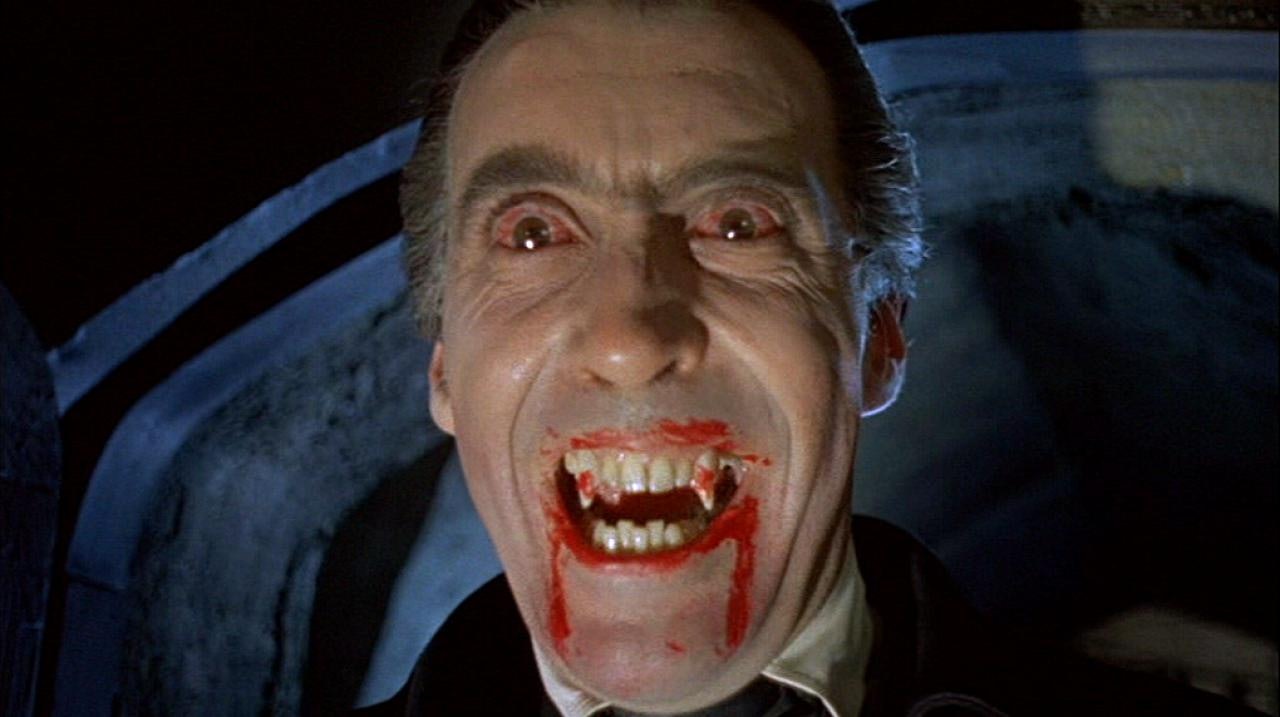
Christopher Lee’s appearance in the Hammer Horror series of Dracula films, marked a notable change in Dracula’s depiction. He was no longer the old man with a creepy sneering grin, the role in Hammer productions hands became a much sexier affair. Christopher Lee’s depiction of Dracula had a lasting effect on the role, and is inseparable from the dark brooding nature we now regularly attribute to most vampires. Dracula has lived on ever since as a sex symbol. Looking back, Christopher Lee does a lot of standing in the corners of rooms and looming over women’s beds. The sex appeal of the movies comes not from Lee himself but from the many submissive women in flowing nightgowns who appear to melt before his charms.
3. Dracula (2020) – Claes Bang
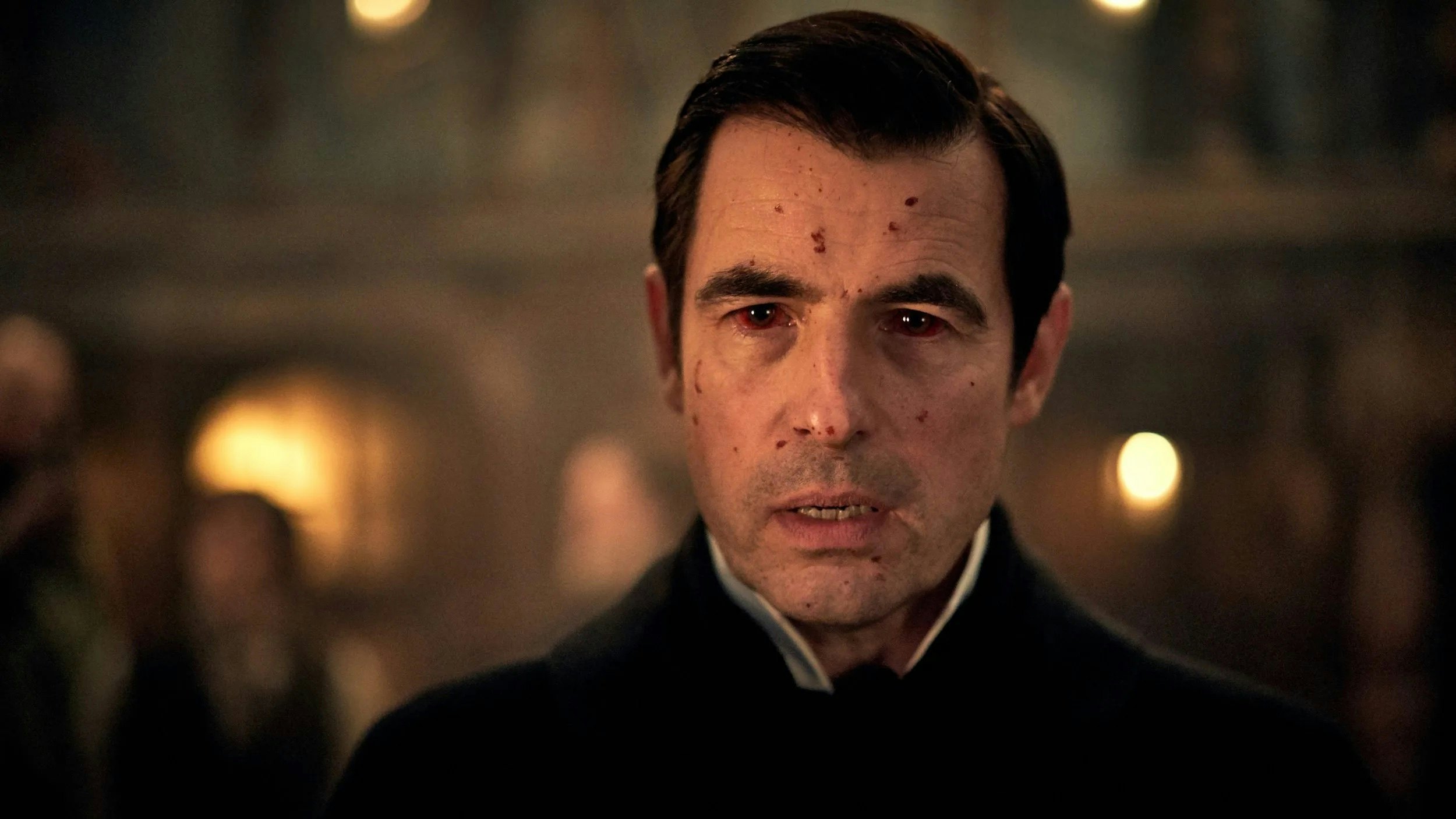
Demonstrating that an actor does not need to put on a Transylvanian accent to give a great Dracula performance, Claes Bang has easily surpassed many other Draculas while sporting a charming British accent. Steven Moffat and Mark Gatiss, in the latest BBC production, brought Dracula smoothly into the modern day. Claes Bang as Dracula is seductive, smart, and witty, but he’s also painfully relatable. This portrayal creates an aura of loneliness around the eternal being and gives us a peek at a Count who shares the universal fear of death. Thanks to a pun-filled script, Claes Bang also has the pleasure of uttering some of the best lines given to any Dracula such as: “I may be undead but I’m not unreasonable.”
2. Bram Stoker’s Dracula (1992) – Gary Oldman
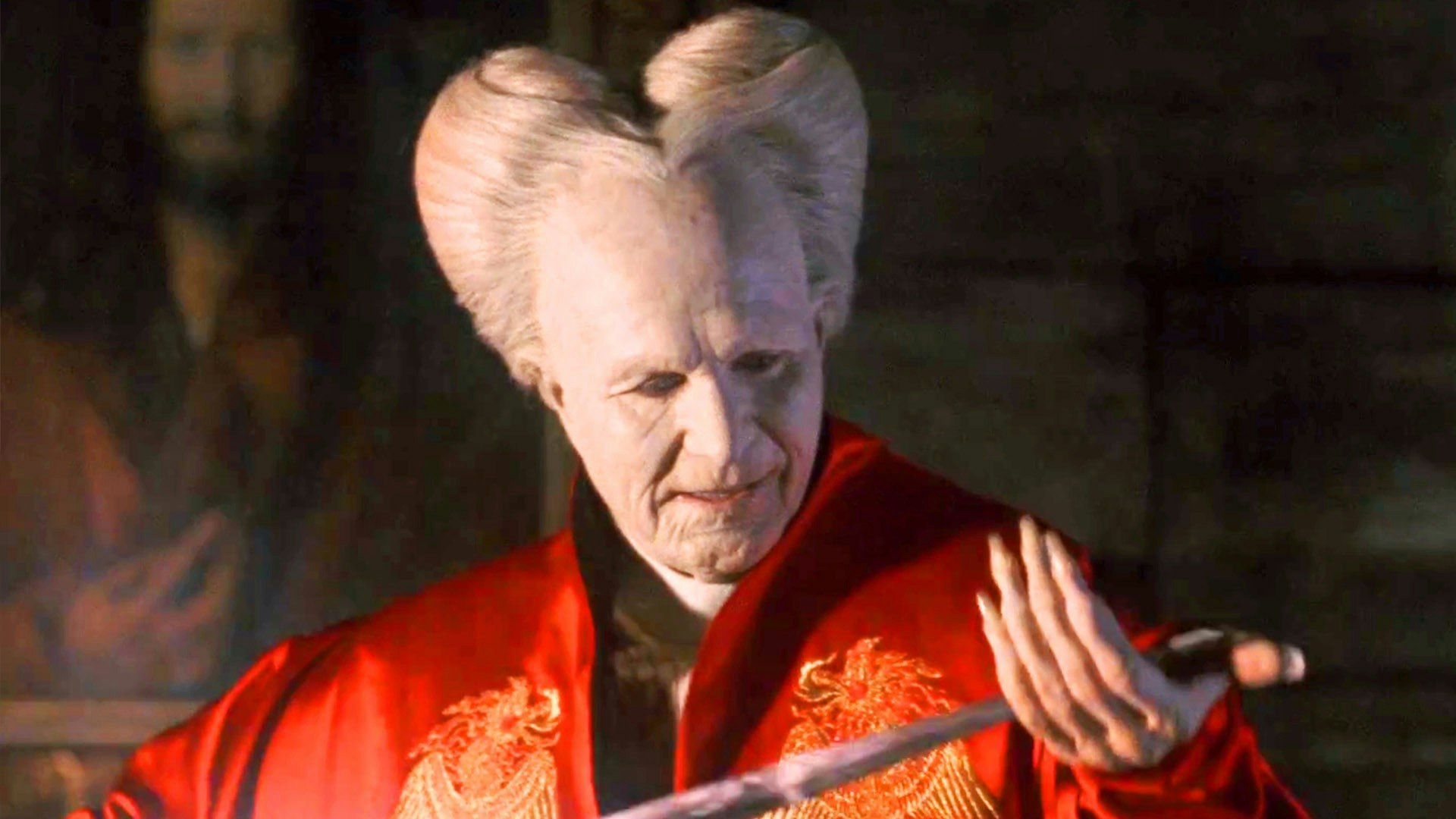
By the ‘90s, Dracula had been transformed into three key versions: the old aristocrat haunting the castle, the stalking beast, and the seducer. So, Francis Ford Coppola made the daring decision to combine all three in Bram Stoker’s Dracula. Gary Oldman’s rendition of Dracula as scorned warrior, wizened vampire, youthful love interest, and even beast, is one of the best performances of the pack. With a few moving monologues, Oldman combines Dracula in his many forms and crafts a heartbroken man searching the world for his lost love. Bram Stoker’s Dracula is an ode to Dracula, one which explores the multitudes of its cultural legend, while Oldman’s performance gives Dracula the patience and wisdom that is to be expected of a man who has lived so many lives.
1. Dracula (1931) – Bela Lugosi
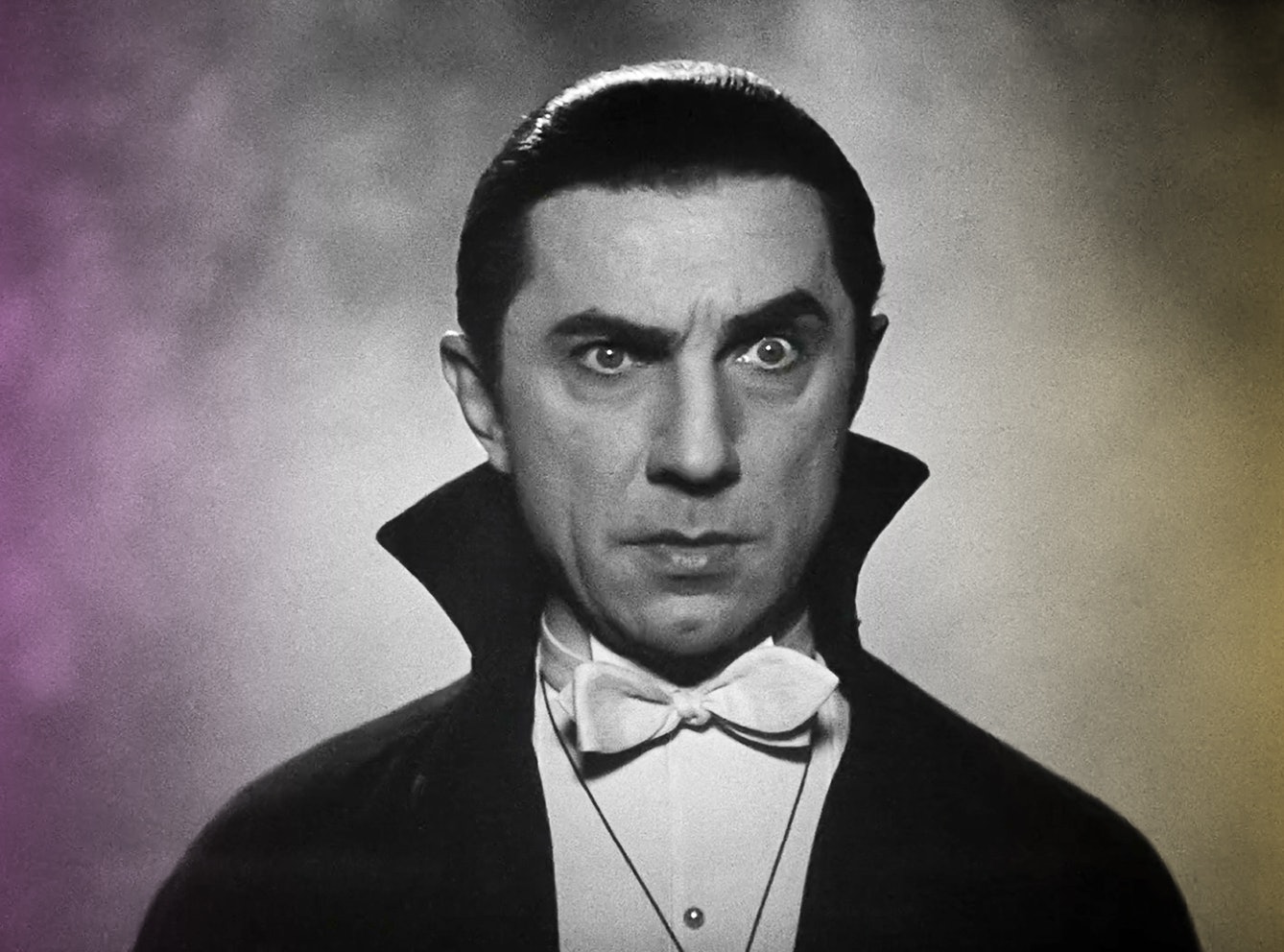
Despite the copyright drama surrounding Nosferatu it was another decade before Universal produced the first official Dracula movie. It may not be the best Dracula movie, and there are some odd choices — including the curious inclusion of armadillos in Dracula’s castle — but there are some standout performances, including a suitably unhinged portrayal of Renfield by Dwight Frye. And with his arched eyebrow-acting, stunted line delivery, thick accent, and unflinching stillness, Bela Lugosi set the benchmark by which all Dracula’s measured. Lugosi’s performance is so iconic that he was forever tied to monstrous cinematic history. Most infamously, the light cast over his eyes to add drama to Dracula’s stare was recreated for Angelica Houston in Addams Family Values (1993). Ninety years on, Lugosi’s Dracula is as much a legend as the vampiric count himself.







